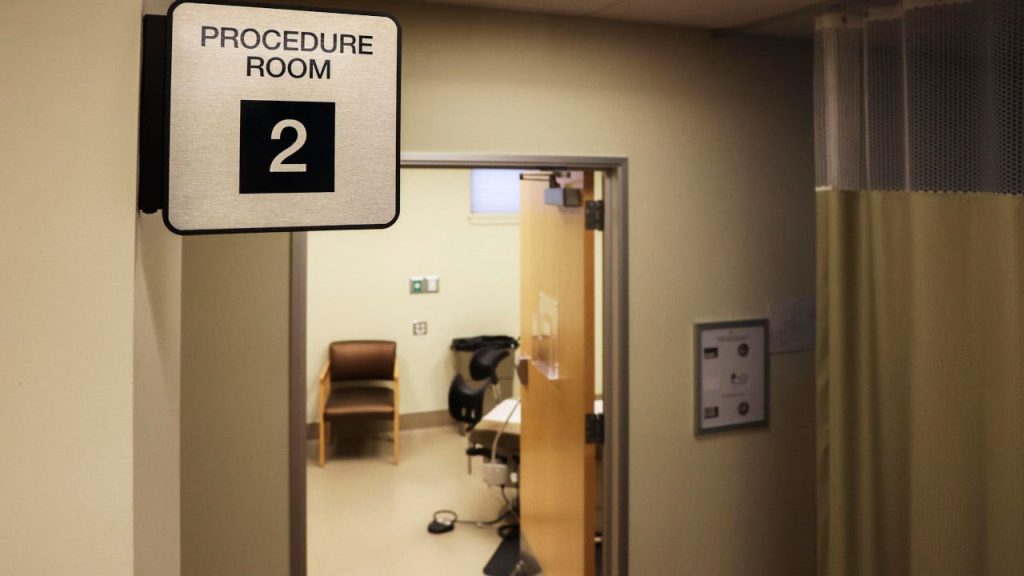Maine’s Republican Senate Minority Leader, Trey Stewart, is speaking out against a bill in the state legislature that would make Maine a sanctuary state for abortion and gender transition procedures for minors. The bill, known as LD 227, would establish a legal right to abortion and surgical sex changes, as well as protect medical workers from facing legal penalties. Republicans are concerned that the bill could potentially lead to the kidnapping of adolescents from states with stricter restrictions on these procedures if they are brought to Maine for treatment.
Stewart raised concerns about the bill’s impact on parental rights, highlighting that it removes the ability of law enforcement to intervene in cases where minors are brought to Maine for abortion or sex-change surgery without parental consent. He emphasized that the bill is focused on children and their ability to make their own decisions, rather than adults. A group of 16 attorneys general, led by Tennessee’s Jonathan Skrmetti, have also expressed concerns about the bill, calling it a “novel effort at state-sanctioned culture war litigation tourism”.
LD 227 would provide a liability shield to individuals aiding in offering unlawful services to out-of-state citizens and create a private right of action for damages against law enforcement, prosecutors, and other officials from states that are enforcing their laws. Proponents of the bill, including Planned Parenthood, argue that it is necessary to protect medical providers in Maine and uphold the values of the state. However, opponents argue that it sets a dangerous precedent and could impact other states with stricter regulations on these procedures.
Maine’s potential shift towards becoming a sanctuary state for abortion and gender transition procedures has drawn attention from other states, with concerns about the bill’s far-reaching implications. At least 23 states currently restrict or ban transgender surgical procedures for minors, making Maine’s proposed legislation highly controversial. The involvement of attorneys general from multiple states in opposing the bill highlights the significant constitutional and legal issues at stake.
Despite the arguments from supporters of the bill about protecting providers and upholding the values of Maine, critics continue to raise alarms about the potential consequences of LD 227. The bill’s unique constitutional transgressions have led to opposition from state leaders and legal experts, who caution against Maine becoming a liberal bastion for what they perceive as harmful ideas that could influence other states. The debate over LD 227 underscores the complex and contentious nature of reproductive and transgender healthcare policies in the United States.


